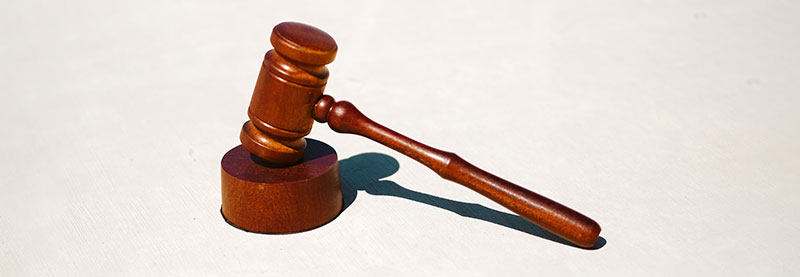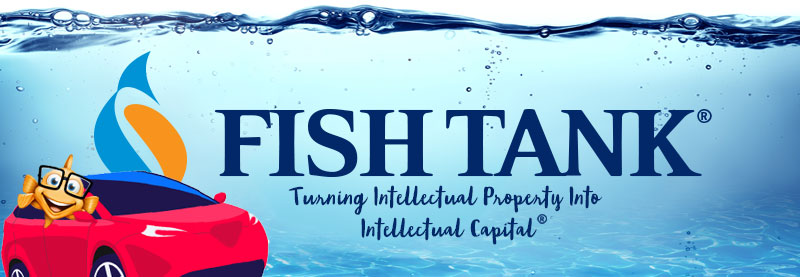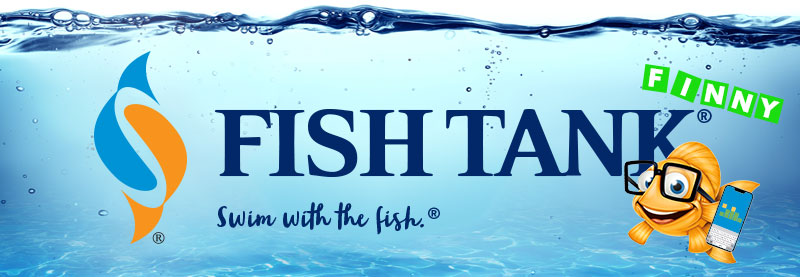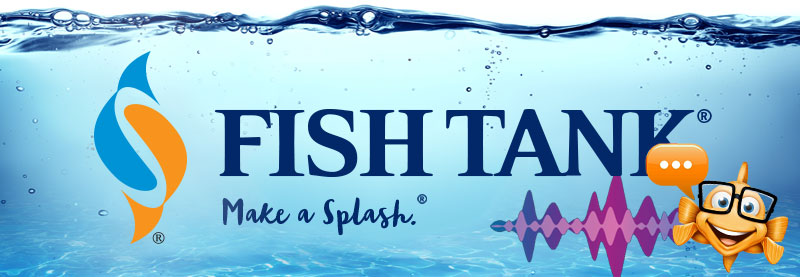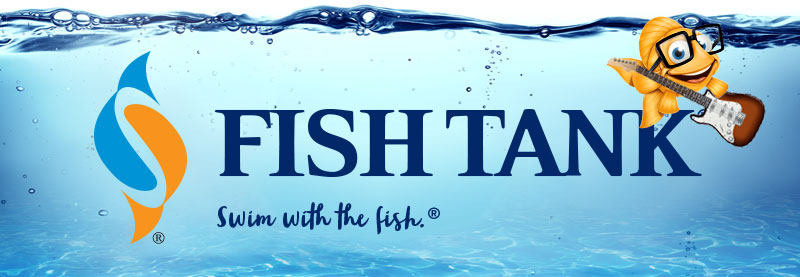Intellectual Property Insights from Fishman Stewart PLLC
Newsletter – Volume 23, Issue 24
Share on Social
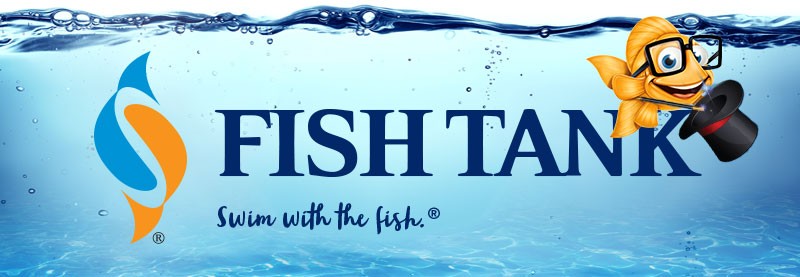
COOL MOVES AND MAGIC TRICKS
By Barbara Mandell
Intellectual property lawyers don’t just prepare arcane treatises on scientific and technological topics, i.e., patent applications. We also have a host of cool moves and magic tricks up our sleeves. Here are a few:
We can launch proceedings to take down an entire website if the URL/domain name associated with that website is confusingly similar to one of our client’s registered trademarks. To accomplish the takedown, we would also need to establish that: (1) the owner of the URL has no legitimate interests in the domain name; and (2) the domain name was registered and used in bad faith. One example of a bad faith domain name is when the opposing party engages in typo-squatting, or wrongfully registers a domain name with a slight modification of a famous domain name. Some examples of typo-squatting are wallmart.com or jetspiza.com. One goal of typo-squatting is to capture the legitimate company’s customers who fail to notice that they are clicking on an erroneous URL.
This magic proceeding is known as a UDRP, or Uniform Domain Name Dispute Resolution Proceeding. The UDRP was introduced in 1999 by the Internet Corporation for Assigned Names and Numbers (ICANN) to protect the integrity of the then-budding Internet. The two remedies available to a trademark holder are cancellation of the infringing domain name registration or transfer of that registration to the trademark holder. Trademark holders have a choice of forums in which to bring a UDRP. We have used the National Arbitration Forum.
Another magic “take-down” proceeding we can bring is one under the DMCA (Digital Millenium Copyright Act), against a website owner and/or an Online Service Provider if the client’s copyrighted intellectual property is found online without permission. A client may also initiate this proceeding on its own. See an example form here.
Amazon and other websites also have provisions for the takedown of, for example, counterfeit products, such as their infringement reporting tool. A critical first step to do a take-down on Amazon is to register your brand with the Amazon brand registry. Amazon sometimes requires verification to confirm that the agent represents the rights owner and may ask for the name and phone number of the Company’s representative, along with its Business Tax I.D. Even taking into account the verifications, the whole process may take little more than a day for owners of active U.S. trademark registrations and applications on the principal register.
What happens if you’re at a trade show and there’s a booth with your product, or what seems to be your product, but is actually a counterfeit? We can help here as well by filing a seizure action in the federal court located in the trade show’s jurisdiction such as, for example, Las Vegas.
Not surprisingly, the federal court in Las Vegas has a lot of experience with such proceedings. Thus, for example, when a patent holder files a patent infringement complaint, usually at the beginning of a trade show, the holder would also file an emergency motion for a temporary restraining order (“TRO”). Among other things, these TROs would prohibit the defendant from offering to sell or selling infringing items at the show (or elsewhere in the United States) and from processing payment on the sales. TROs will sometimes order that all web hosting companies having notice of the Court’s Order take any action necessary to remove the infringing products. Plaintiffs frequently include in their motions for emergency relief a request for a seizure order, allowing federal marshals to enter the floor of the show and remove the counterfeit products.
So, the next time you need an Intellectual Property lawyer for a cool move or a magic trick, let us know!
Barbara Mandell is a partner at the firm. She has over 30 years’ experience in complex litigation. Her practice is focused on litigating, arbitrating and counseling her clients on patent, trademark and licensing matters as well as antitrust law.
Related Content from Fishman Stewart
Car enthusiasts are buzzing about Alfa Romeo's latest SUV which is also its first EV (plus a hybrid option). Initially branded as “Milano,” the name was changed to "Junior" after it was announced that the car would be produced in Poland.
The online word game Wordle was created in 2021 by Josh Wardle and quickly rose in popularity. Players receive a new puzzle daily with six chances to correctly guess a five-letter word of the day with limited clues.
In a recent decision, the U.S. Court of Appeal for the Eighth Circuit affirmed a jury verdict holding that the use of the "Success Kid" meme by a congressman's reelection campaign for fundraising purposes did not qualify as fair use.
In February 2024, proposed legislation was introduced in US House of Representatives which would extend copyright protection to golf courses. The bill is titled “Bolstering Intellectual Rights against Digital Infringement Enhancement Act” or the “BIRDIE Act”.
OpenAI recently held a live demonstration of a new ChatGPT version that included the use of an AI personal assistant voice dubbed “Sky.” Many observers compared Sky to Scarlett Johansson’s voice in the 2013 Spike Jonze romantic sci-fi film “Her,” which centers on a man who falls in love with the female voice of his computer’s operating system.
June is Pride Month, which honors the 1969 Stonewall Uprising in Manhattan and recognizes the impact that lesbian, gay, bisexual, and transgender (LGBTQ+) individuals have had on history locally, nationally, and internationally. The United States Patent and Trademark Office flies the Pride Flag and promotes the Pride community’s contributions with programming offered annually.
First-time inventions have led inventors to great successes throughout history, sometimes immediately, sometimes after several more attempts at more useful inventions. In the U.S., two very famous inventors with contrasting first-time experiences are Thomas Edison and Alexander Graham Bell.
June is Pride Month. This year we are celebrating with some IP tips for drag performers! Drag performers can protect their intellectual property by registering the copyrights in their original works of music, choreography, and comedy sketches.
Bands often start out as creative endeavors among friends, and bands may not prove lucrative for many years, if at all. Until bands break up, thought and planning may not be given to who is the owner of the band names and entitled to use them going forward.
You’re rarely more than a few yards from Finny’s favorite chips, semiconductor chips to be precise. But what exactly is a semiconductor chip?
IDENTIFYING, SECURING AND ADVANCING CREATIVITY®


